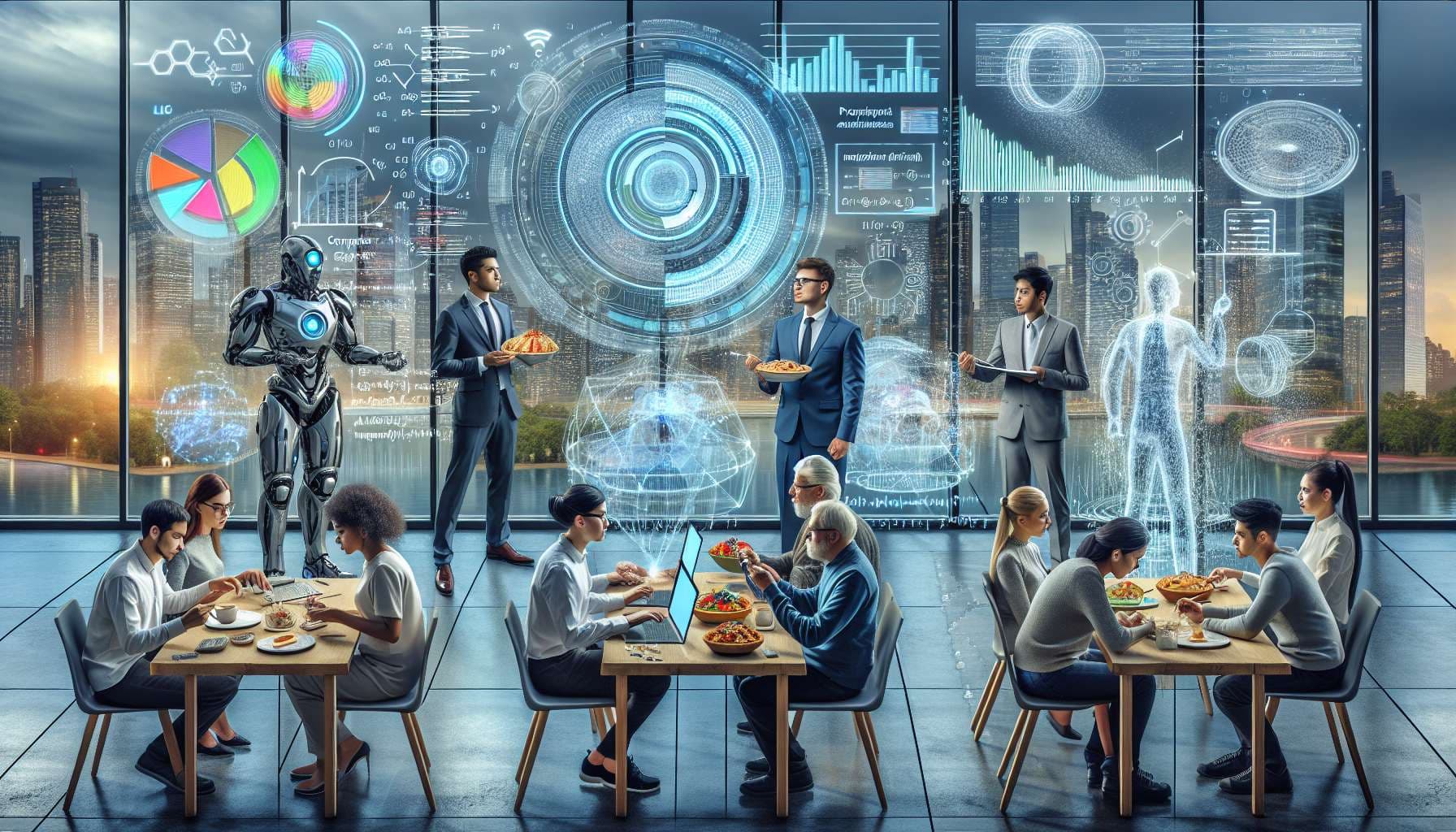
Will the majority of mathematicians rely on formal computer proof assistants before the end of 2040?
Plus
32
Ṁ13332040
60%
chance
1D
1W
1M
ALL
Computer proof assistant is a tool, that by using computation, is able with "certainty", verify and build new proofs from underlying specified axioms (Lean4, Coq, Agda, etc...).
Resolves YES if before the end of 2040 there is a trustworthy poll/evidence that shows more than 50% of professional mathematicians use or rely on it.
This question is managed and resolved by Manifold.
Get 1,000and
1,000and 3.00
3.00
Sort by:
@OlegEterevsky For example, what if mathematicians will primarily do teaching, rather than research?
Related questions
Related questions
Will natural language based proof assistants be in common use by 2026?
18% chance
Will an AI model write the proof to the Riemann Hypothesis by the end of 2025?
1% chance
Will LLMs be able to formally verify non-trivial programs by the end of 2025?
12% chance
Which theorem prover will have proved the most theorems on Freek's list by end of 2025?
In 2029, will any AI be able to take an arbitrary proof in the mathematical literature and translate it into a form suitable for symbolic verification? (Gary Marcus benchmark #5)
75% chance
By 2030, AI can autonomously prove mathematical theorems that are publishable in mathematics journals today?
68% chance
Will we have a formalized proof of Fermat's last theorem by 2049-05-01?
91% chance
Will we have a formalized proof of Fermat's last theorem by 2029-05-01?
74% chance
Frontier science theorem discovery fully formalized in proof assistant before 2028?
23% chance
Will AIs be widely recognized as having developed a new, innovative, foundational mathematical theory before 2035?
37% chance